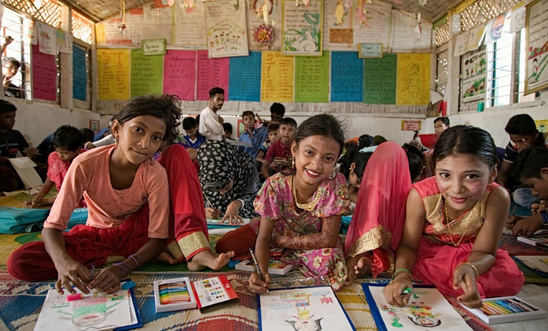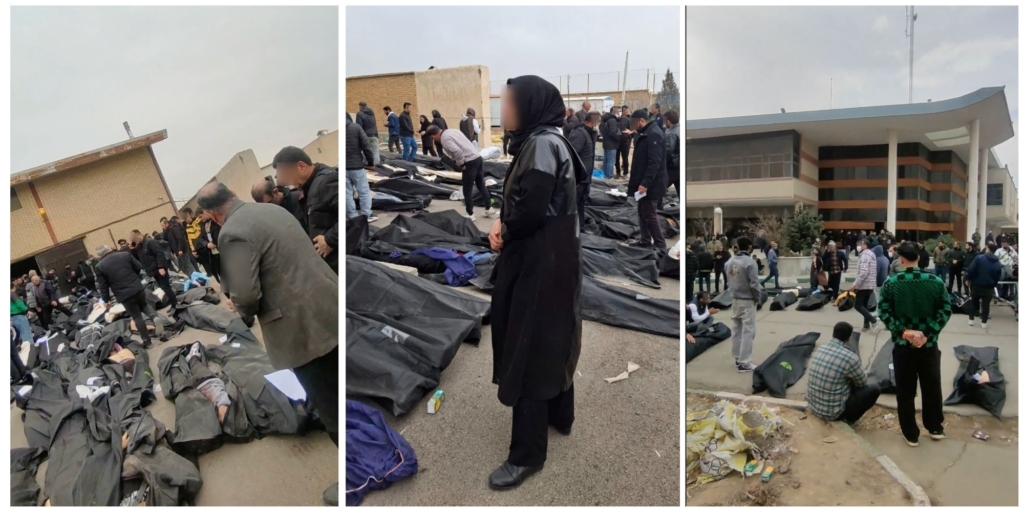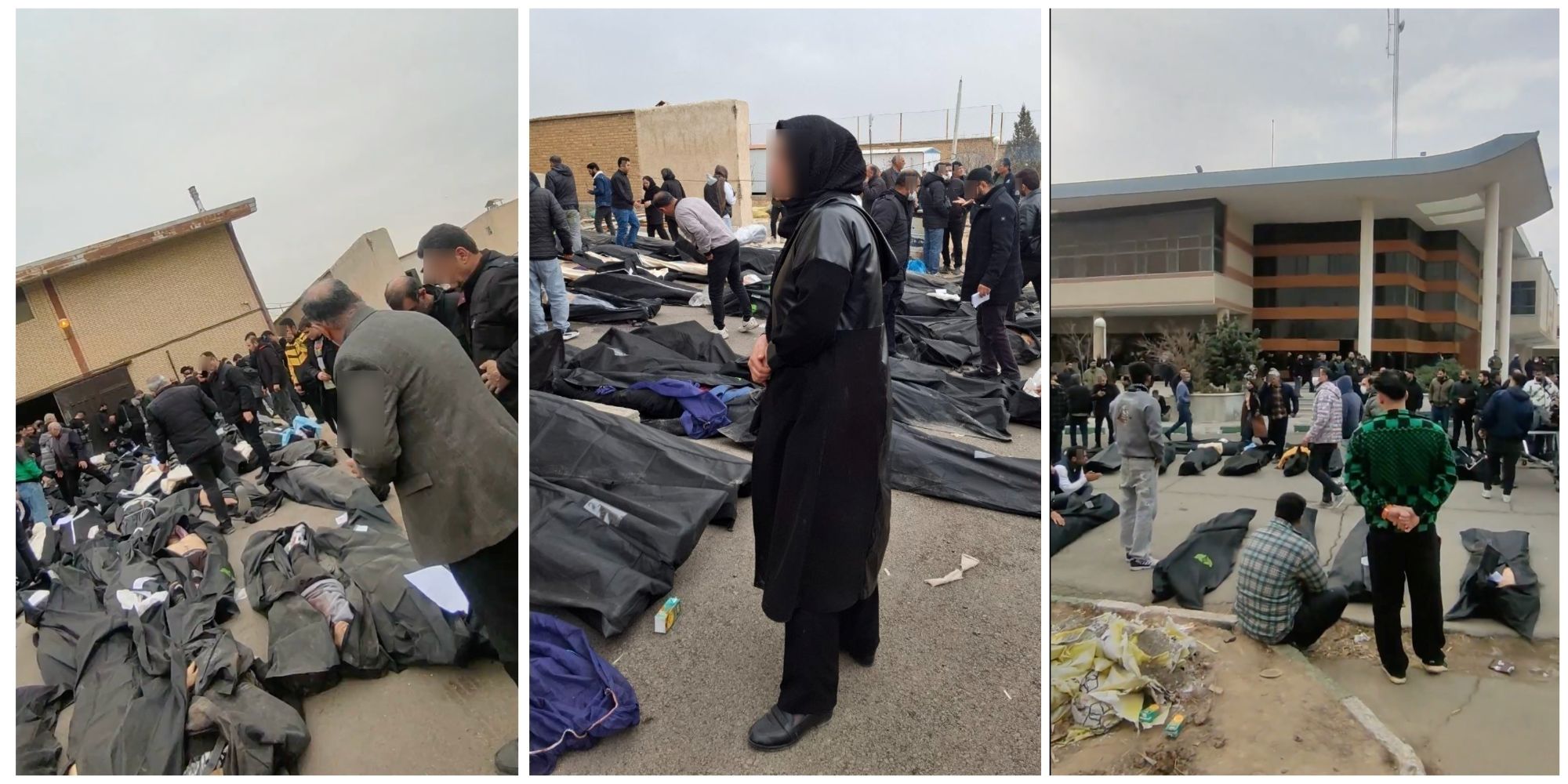Last week, in the lead up to the International Day of Education, Amnesty International once again pressed the government of Bangladesh and the international community to address the continuing failure to provide education to Rohingya refugee children, and the lack of educational opportunities for many children in host communities near the refugee camps in Bangladesh.
What a difference a week makes! On Tuesday, the Bangladeshi government announced it will open up the prospect of going to school for hundreds of thousands of refugee children who have been denied that right for years.
It is tremendous news, and Canada is well-placed to work with Bangladesh to ensure that vital promise becomes reality.
The International Day of Education draws attention to the vital role that education plays in advancing peace and development in our world. It is grounded in recognition that access to education is an important human right, enshrined in the Universal Declaration of Human Rights and numerous other international treaties adopted over the decades. Recognition as well, though, that around the world it is a right far too frequently violated and ignored.
Our hearts and our solidarity are very much with Rohingya children and youth, living in crowded, sprawling refugee camps in Bangladesh, yearning for their right to education to be respected and upheld.
We have both had opportunities over the past year to meet with many children, of all ages, during visits to the camps in the southeast corner of Bangladesh, where close to one million Rohingya refugees have fled in the face of terrifying military attacks and massive human rights violations across the border in Myanmar.
Most escaped Myanmar after the military launched a devastating assault on Rohingya villages beginning in late August, 2017; while many others had fled to Bangladesh during earlier attacks and campaigns of violence as far back as 1992.
The human rights backdrop is as grave as it gets. Myanmar’s treatment of the Rohingya is currently the subject of a case, brought under the UN Convention against Genocide, at the International Court of Justice. Amnesty International has concluded that the systemic, widespread racism at the heart of this human rights crisis amounts to the international crime of apartheid.
Around one-half, or 500,000, of Rohingya refugees are under the age of 18; a significant number were in fact born in Bangladesh and have lived nowhere else. These children and youth marked the International Day of Education simply longing to learn; to be able to go to school and pursue a quality education, with a recognized curriculum that will open up a future for them.
Their dream? To pursue an education that will indeed help them advance peace and development, precisely as this International Day celebrates.
So what stands in the way? Why are their aspirations of learning being crushed?
Until now, the Bangladeshi government said it is concerned that if officially recognized, quality education is made available to Rohingya refugee children, they and their families will put down roots and will be less likely to eventually return to Myanmar. As a result, they have limited education in the camps to informal programs offering basic instruction and playtime and not following an official curriculum.
No human right should ever be held hostage or used as a bargaining chip in this way.
Fifteen-year old Bibi told Amnesty International that “she loves education and doesn’t want to be uneducated.” She wants to become a doctor to help her society, her country, and her people. Bibi asks, “Education for all, why not for refugees?”
Sixteen-year old Ali told us that he wants to help find the solutions to the problems faced by the Rohingya. He noted that education would help him do that, but that “there is no option for that right now.” Instead, he worries that he “doesn’t know what his future will be.”
For Bibi, for Ali and all Rohingya refugee children, the world cannot let the issue of education just slip by. It is time for Bangladesh to allow learning to flourish in the camps and for this precious right, to education, to be respected.
And it is time for Canada and other governments to ensure that Bangladesh has the resources and support needed to deliver that promise, and that quality education is available to Bangladeshi children as well.
Alex Neve (@AlexNeveAmnesty) is Secretary General of Amnesty International Canada. Saad Hammadi (@SaadHammadi) is Amnesty International’s Regional Campaigner for South Asia.
This article originally appeared in the Ottawa Citizen.






















